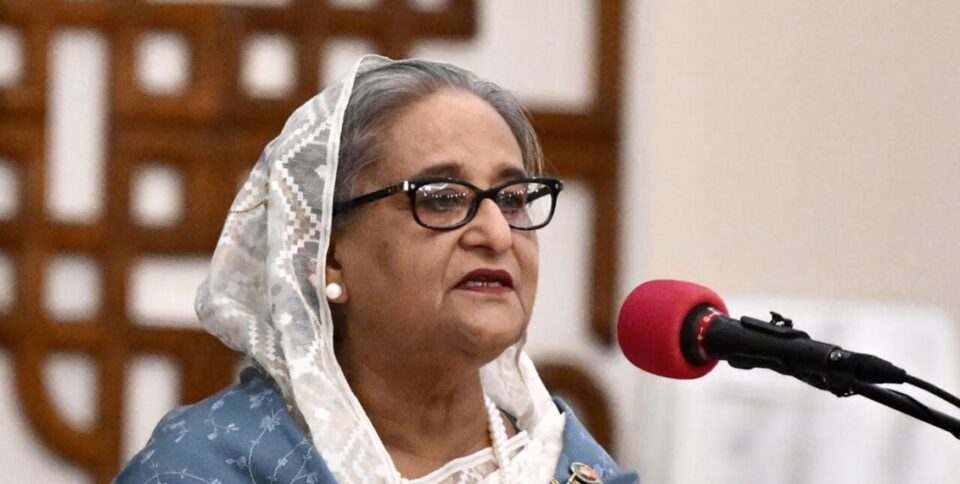DHAKA (Oct 16) – Chief Prosecutor of the International Crimes Tribunal (ICT-1), Tajul Islam, told the court on Wednesday that former Prime Minister Sheikh Hasina was the “mastermind and principal architect” behind the crimes against humanity committed during the July uprising, in which more than 1,400 people were killed.
Presenting the prosecution’s final arguments, Tajul said Hasina “was the nucleus of all crimes”, accusing her of directing the state machinery to carry out “systematic and premeditated” atrocities.
“If each of the 1,400 murders carried out under her direction were to be punished separately, she should face 1,400 death sentences. But since that is not humanly possible, at least a single death sentence is essential. Otherwise, it would be an injustice,” Tajul told the tribunal.
He added that “there are no mitigating factors in her case” and that every piece of evidence pointed to her direct involvement.
According to the prosecution, Hasina, then Home Minister Asaduzzaman Khan Kamal, and former Inspector General of Police Chowdhury Abdullah Al-Mamun coordinated the violent crackdown on civilian protesters.
Tajul alleged that Hasina issued “vindictive and vengeful” orders to law enforcement agencies—including the police, Border Guard Bangladesh (BGB), Ansar, and intelligence units—to suppress the uprising.
He described Asaduzzaman as part of a “Gang of Four” that planned and executed the operation.
“The massacre was planned at his residence, including the decision to deploy drones and helicopters. He personally visited crime scenes to ensure killings were executed properly,” Tajul said.
The prosecutor also accused Asaduzzaman of justifying the deaths of 233 children during the unrest, quoting his statement that “they were not children, they were youths.”
Tajul, however, noted that former IGP Al-Mamun had cooperated with the tribunal by providing information that exposed cases of enforced disappearances, leaving his punishment to the court’s discretion.
At a press conference following the hearing, Tajul described the evidence as “as strong as the Himalayas and crystal clear.”
“If this evidence is presented before any international court, including the ICC, the highest punishment for each accused will be ensured,” he said.
Calling the trial a “resolution of history, not revenge,” Tajul said it was meant to serve as a warning so that “no ruler ever dares to kill their own people again.”
The prosecution has also urged the tribunal to order compensation for the victims’ families, to be paid from the assets of the accused.
“We hope this verdict will set a historic precedent against crimes against humanity in Bangladesh,” Tajul said.

